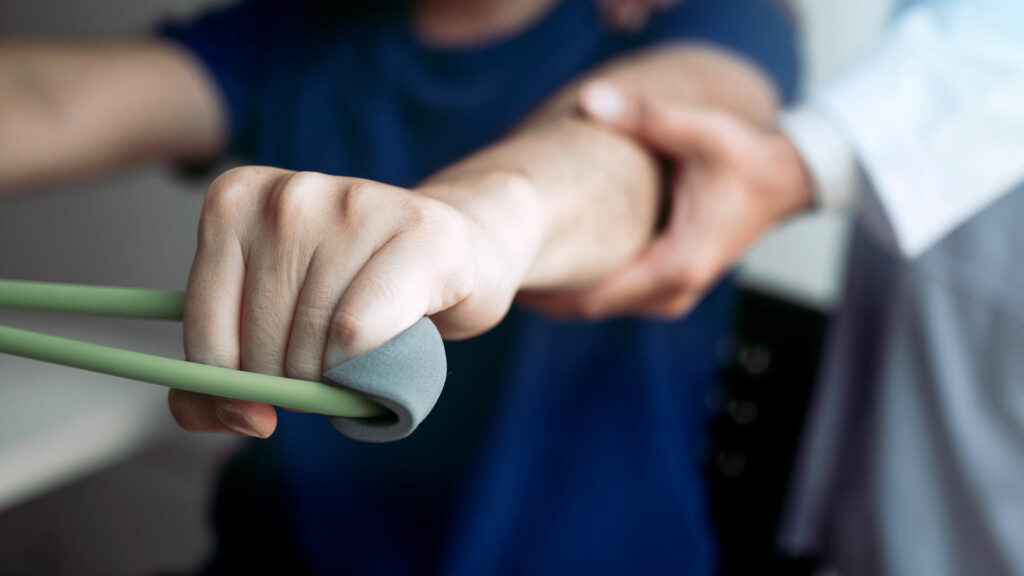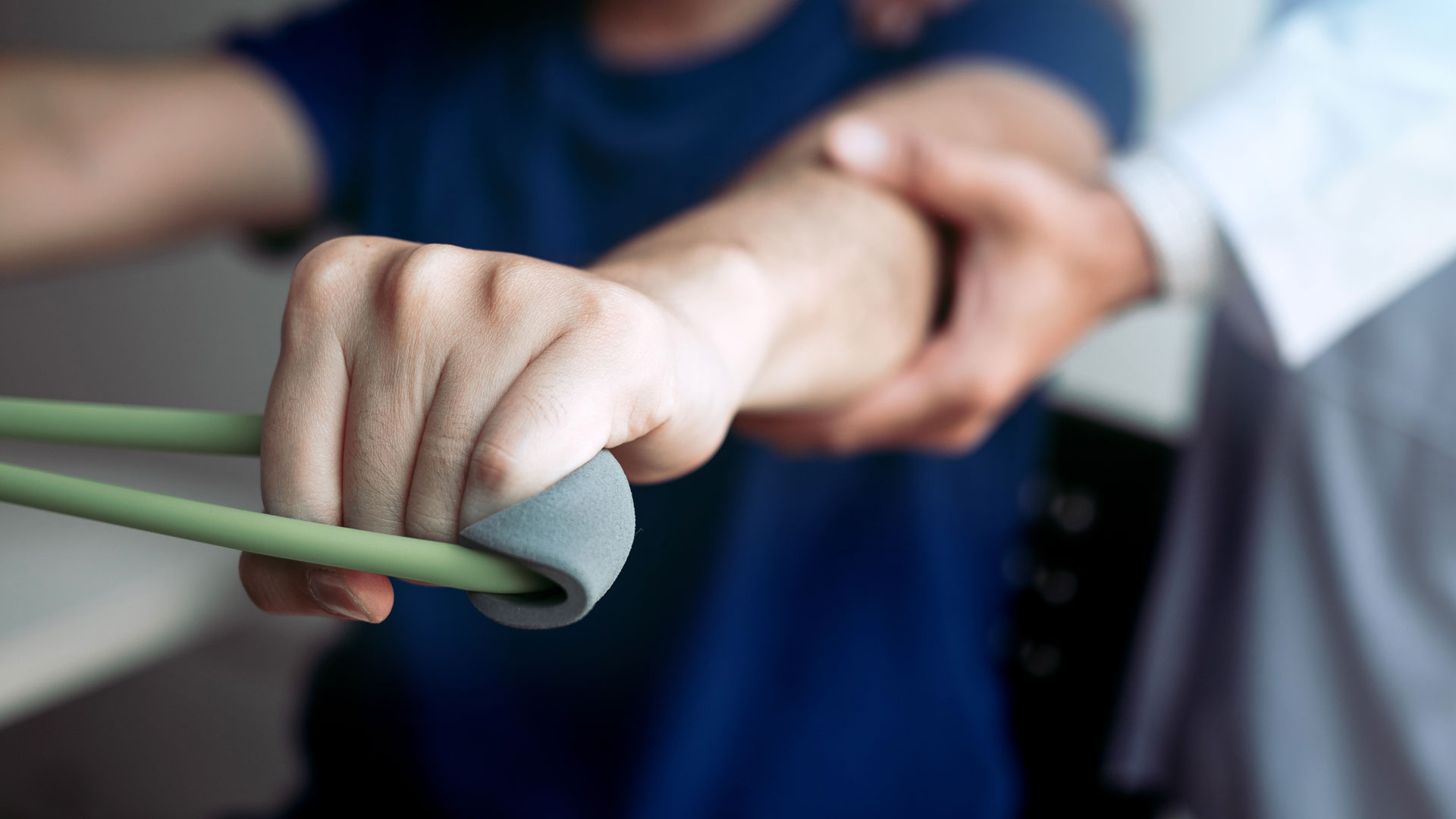
The Duchenne UK charity will utilize SRI’s twisted string actuator technology in their wearable SMART suit.
Wearable technology, and wearable suits, have a multitude of applications that can augment or improve the wearer’s ability to move, lift or measure information. SRI’s Robotics Lab has long created groundbreaking innovations for industrial applications and beyond, including wearable and medical devices.
In its latest licensing agreement, SRI’s patented twisted string actuator technology will be used in Duchenne UK’s SMART Suit. The suit is designed to help people with Duchenne muscular dystrophy (DMD) and spinal muscular atrophy to maintain the use of their arms.
“We are excited to see our lightweight and flexible twisted string actuation technology have a real impact in the world. It is particularly rewarding to support the DMD community, an area where exosuits can provide real benefits to the user,” said Alexander Kernbaum, associate director of SRI’s Robotics Lab.
Duchenne UK, in collaboration with the charity Spinal Muscular Atrophy UK and the University of Liverpool, is working to make their SMART Suit a comfortable piece of clothing that can assist with upper body function and strength. Fitted with SRI’s actuator technology, the suit will be a life-changing device that seeks to reduce barriers and improve function for those with progressive neuromuscular conditions.
“The technological revolution in hardware has ignored the disabled. We have mobile phones, electric cars, drones – but nothing to help disabled people move their arms,” said Emily Reuben, CEO and co-founder of Duchenne UK. “We are delighted to be able to employ the state-of-the-art technology developed by SRI International in a product that will meet this unmet need.”
“Our mission at SRI is to create and deliver technological solutions to address some of the world’s most important challenges, and we are grateful that through this technology, we are able to help improve the lives of individuals with Duchenne muscular dystrophy,” said Kernbaum.



